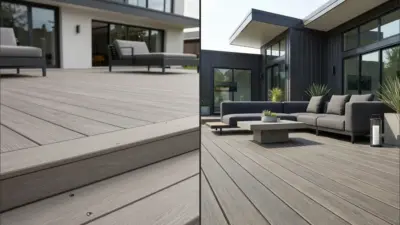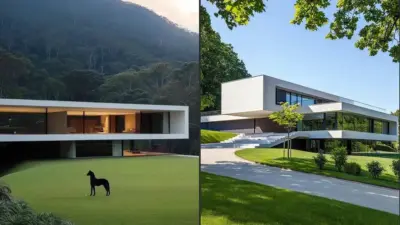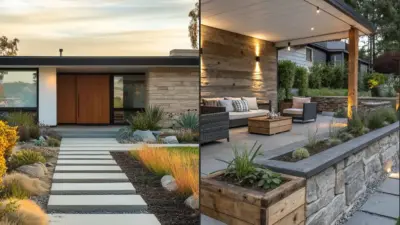It’s common for homes and apartments to have small imperfections like scuffed walls, awkward layouts, or unsightly wiring. The ubiquity of these unsightly features can detract from the overall look and feel of the space. Whether minor or more noticeable, the presence of these flaws often compels homeowners or renters to find quick solutions, especially if they’re expecting guests or simply want to create a more aesthetically pleasing environment.
Addressing these unwanted features can make a significant difference in the way you experience your living space, making it more enjoyable and comfortable. Here’s a list of tried-and-tested ways of reducing the impact of these imperfections in your home:
Use Rugs to Cover Flaws on the Floor
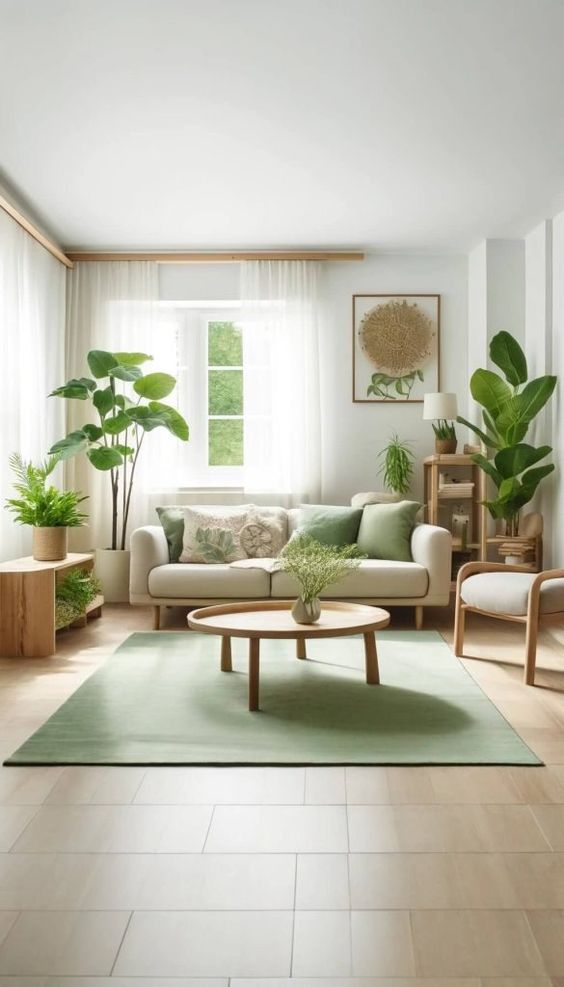
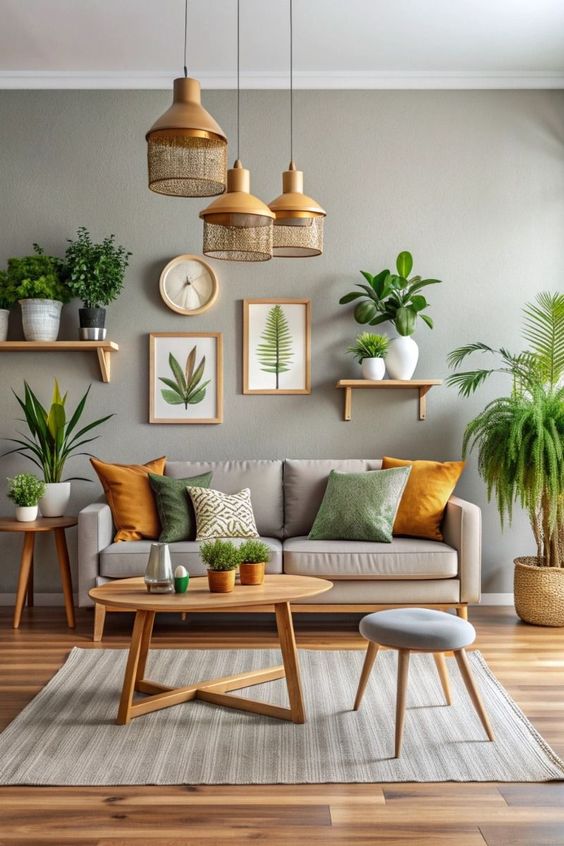
If you have scratches, dents, or stains on your flooring, a strategically placed rug can solve the problem in a snap. Rugs can effectively hide these defects as well as add warmth and texture to a room. You can choose from a variety of sizes, patterns, and materials of rugs to complement your decor. For high-traffic areas, opt for durable rugs that are easy to clean. It’s a good idea to place rugs under furniture, such as coffee tables or sofas, in these spaces to anchor the space while effectively covering any unwanted features.
Hang Framed Artwork Disguise Wall Problems

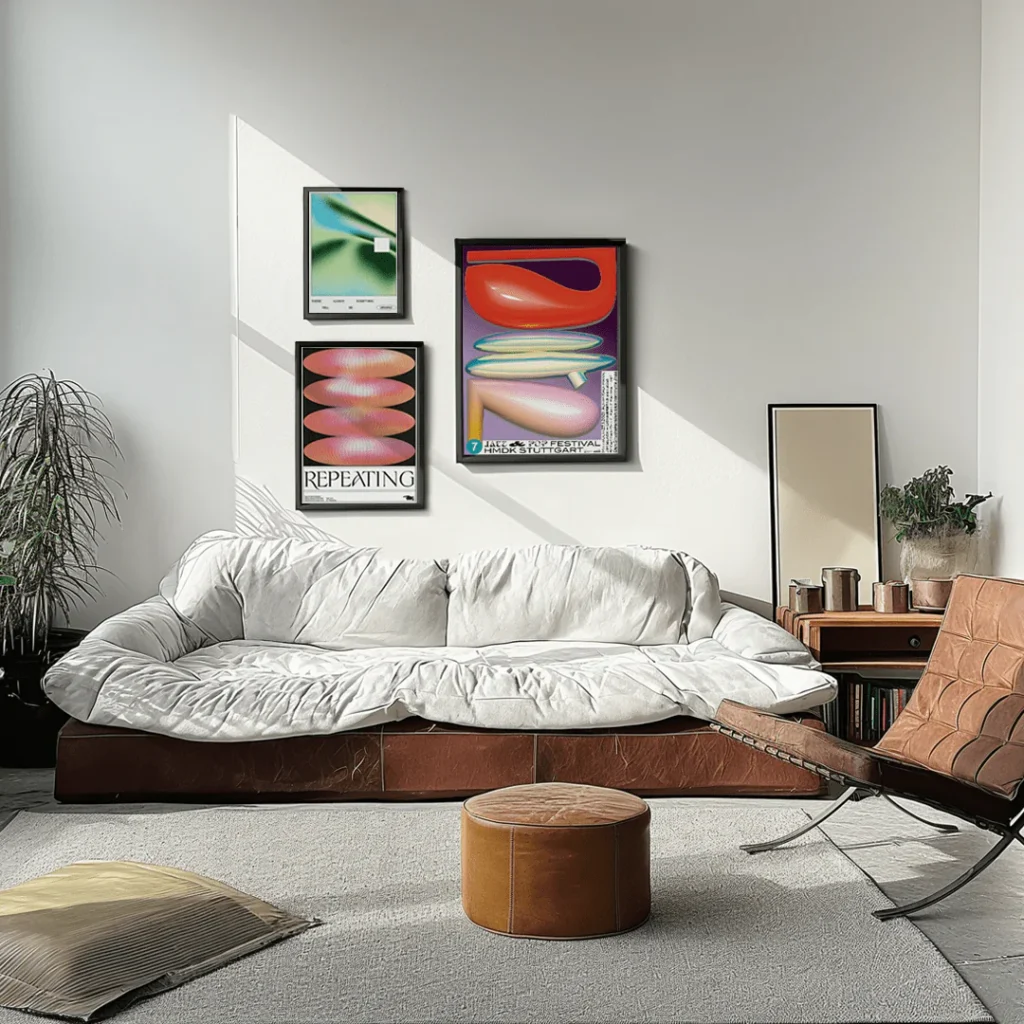
Cracks, holes, or uneven patches on walls can easily be concealed with large pieces of artwork. More than keeping flaws out of sight, putting up a gallery wall also brings personality and style to a room. Turn these flaws of your home into a celebration of your artistic tastes by putting up acrylic frames with modern art prints designed by local artists. You can also opt for quirky posters in neon picture frames to add a bit of playfulness to the area. If the blemishes are spread out on the wall, you might want to consider an irregular layout or composition for your gallery.
Use Furniture to Mask Awkward Layouts
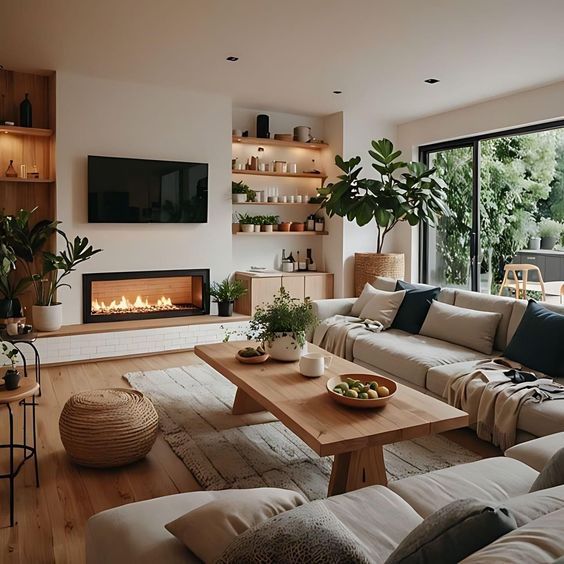
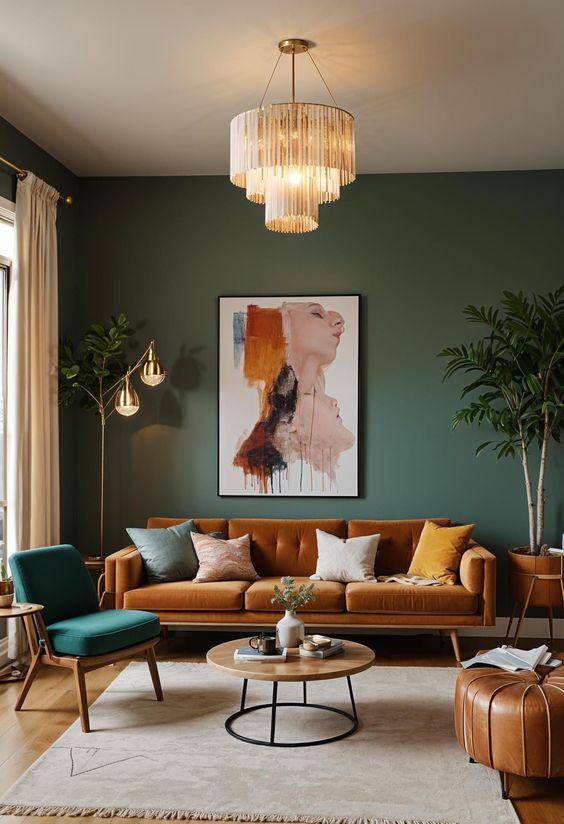
Awkward room layouts, such as those with oddly shaped corners or empty spaces, can disrupt the flow of a home. Through thoughtful, strategic positioning of furniture, you can hide these imperfections and create a more functional living area. For example, a corner bookshelf or an accent chair can fill an unused space and make the room feel more cohesive. Using large pieces like sectional sofas or entertainment units can also help guide the flow of traffic and make awkward layouts less noticeable.
Apply Temporary Wallpaper or Textured Paint
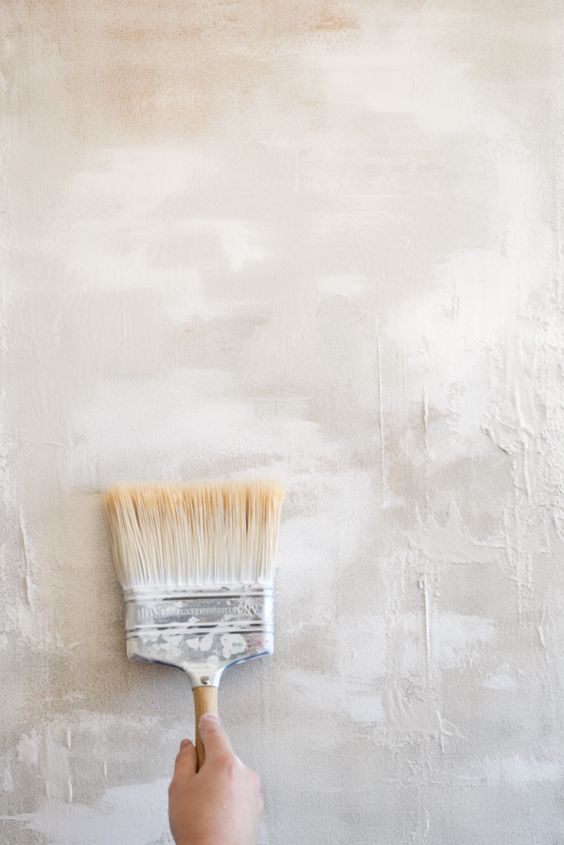
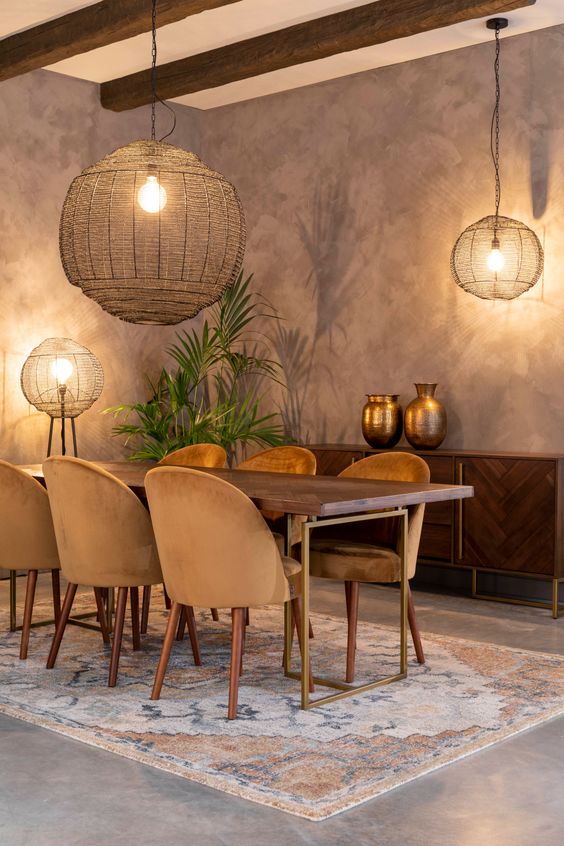
If you’re dealing with uneven walls or faded paint, temporary wallpaper or textured paint can offer a quick fix. Temporary wallpaper is especially useful for renters, as it’s easy to apply and remove without damaging the walls. If you decide on this option, choose a bold pattern that aligns with your decor to create a statement wall that draws the eye away from flaws. Textured paint, on the other hand, can be used to cover minor cracks or dents and give your walls a more finished look.
Install Floating Shelves to Cover Minor Damage
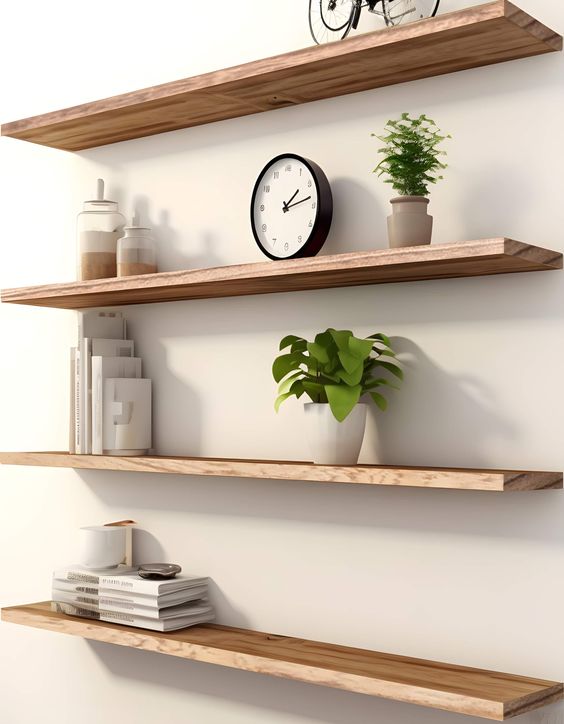
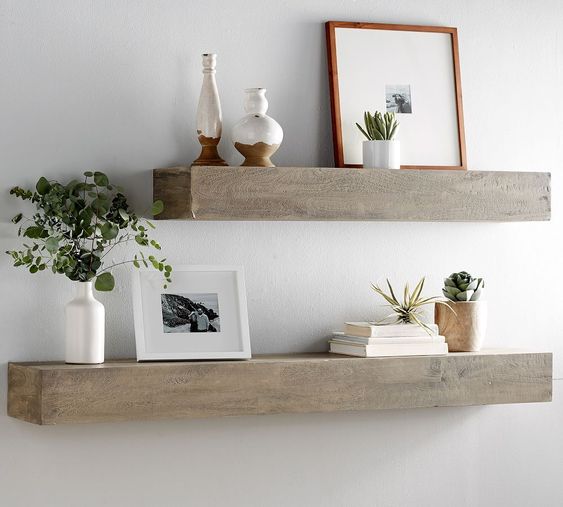
Floating shelves can serve a dual purpose: hiding damaged walls and providing additional storage. If you have a damaged wall or uneven plaster, mounting a few floating shelves can cover these areas while also allowing you to display decorative items or store essentials. You can choose wood, glass, or metal shelves depending on the style of your room. Arrange plants, books, or photo frames on the shelves to make the space more inviting while camouflaging the damage.
Reposition Lighting to Downplay Imperfections
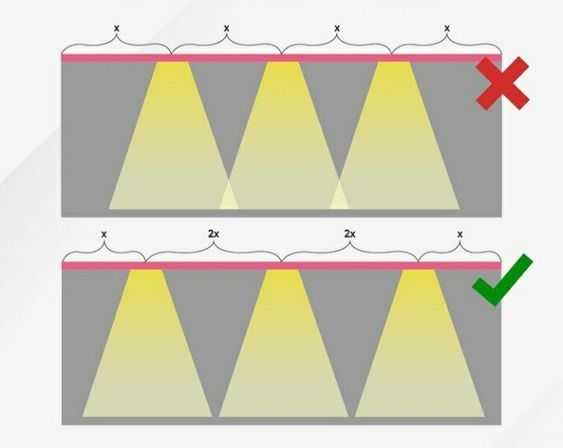
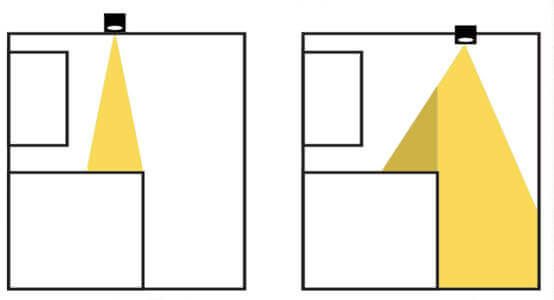
Sometimes, signs of wear and tear or shabby work are only noticeable because of the way light hits them. In this specific situation, adjusting your lighting can make a big difference in how visible flaws are. Floor lamps, table lamps, or sconces can be positioned to highlight the best features of a room while casting shadows over blemishes. Soft, warm lighting tends to be more forgiving, so consider switching to bulbs that create a cosier atmosphere. Proper lighting can also help draw attention to key focal points, such as a beautiful piece of furniture or a well-curated bookshelf.
Use Decorative Covers for Exposed Wires and Cables
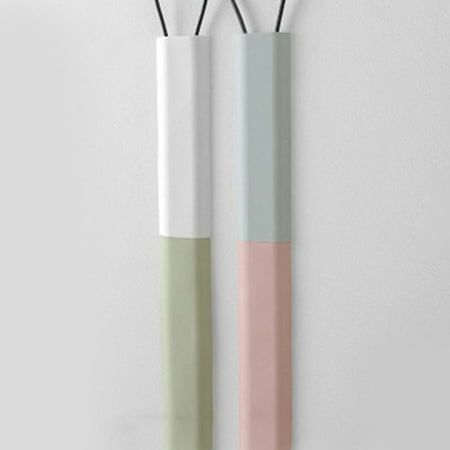
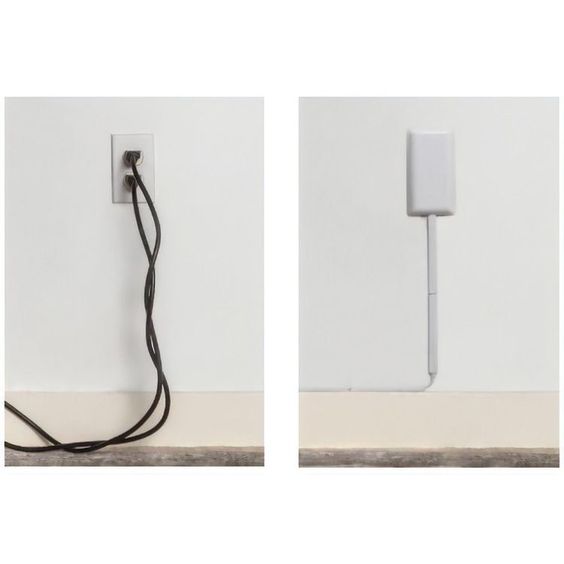
Exposed wiring or cables can be an eyesore, especially in modern homes where people expect to see clean lines and minimalist designs. Decorative cable covers are an easy way to manage the mess. You can find cord covers in various colours and materials to blend seamlessly with your walls or skirting boards. One smart way to hide cables is by using Torus style skirting boards, which keep cords out of sight. Alternatively, you can hide cables behind furniture or run them along door frames to keep them out of sight. If you’re looking for a more creative solution, try wrapping cords in fabric or rope for a decorative touch that doubles as a concealer. Just don’t tie things too tight so as not to put excess pressure on the cables.
Place Plants Strategically
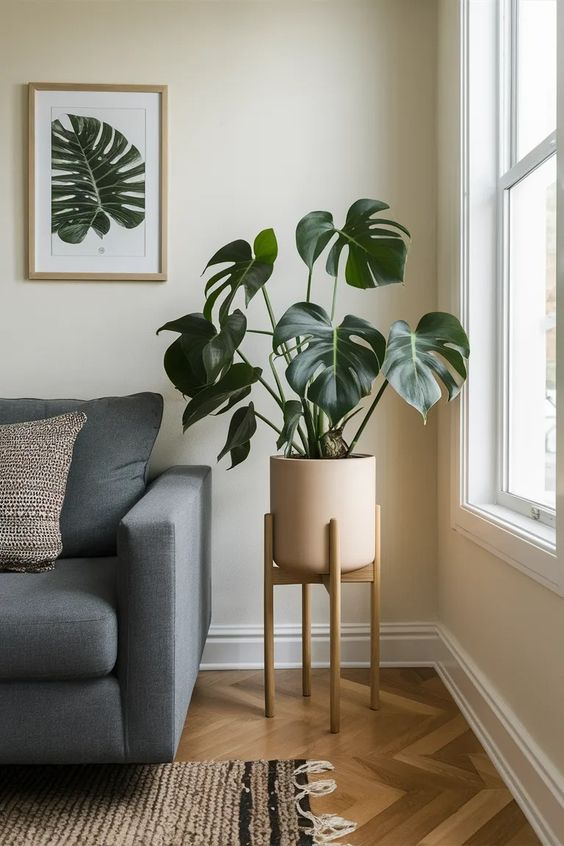
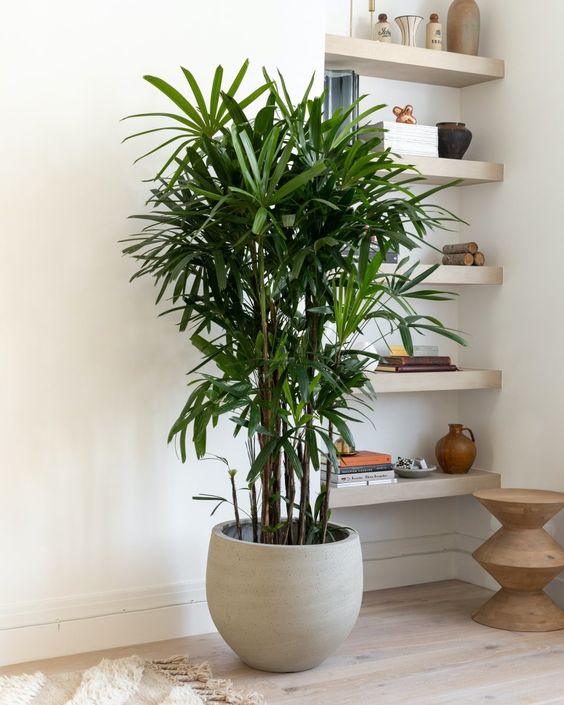
Houseplants do a great job of brightening up a space and at the same time hiding imperfections like chipped paint or bare spots on the floor. Large potted plants can fill empty corners, while hanging plants can distract from ceiling damage. For smaller issues, tabletop plants can be placed in front to create a green focal point. Make sure to choose plants that suit the light conditions in the room so that you can easily keep the greenery healthy and vibrant.
Add Soft Furnishings for Extra Disguise
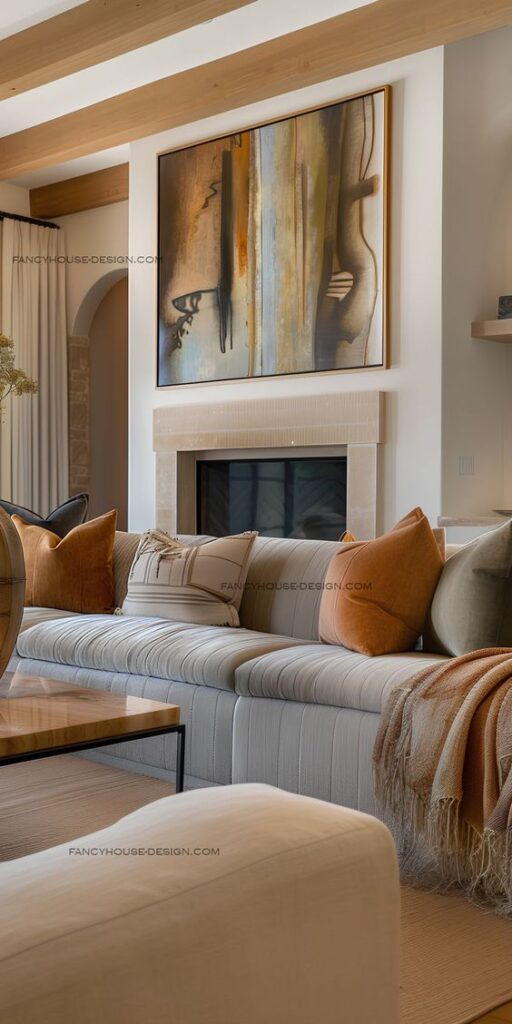
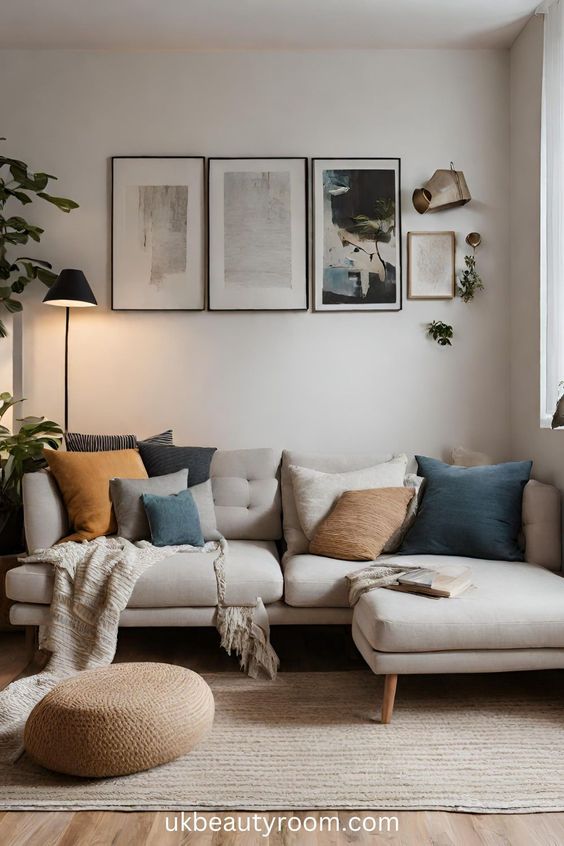
Soft furnishings such as cushions, throws, and curtains are perfect for hiding small issues or adding a layer of distraction. If you have worn or mismatched furniture, a stylish throw or a set of cushions can give the flawed piece new life. Similarly, floor-to-ceiling curtains can hide uneven window frames or distract from a cluttered view outside. By incorporating a range of textures and colours, you can create a visually appealing room that keeps imperfections out of the spotlight.
Addressing signs of minor damage or natural wear and tear in your home doesn’t have to involve major renovations or costly repairs. By using quick, simple strategies like the ones mentioned here, you can significantly enhance the appearance of your space. These solutions, whether temporary or long-term, can make your home more pleasant to live in by helping you focus on the features you love while downplaying the details that are best kept out of sight.
- 2.0Kshares
- Facebook0
- Pinterest2.0K
- Twitter0
- Reddit0

